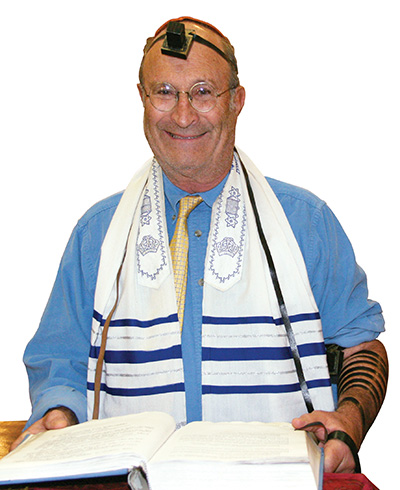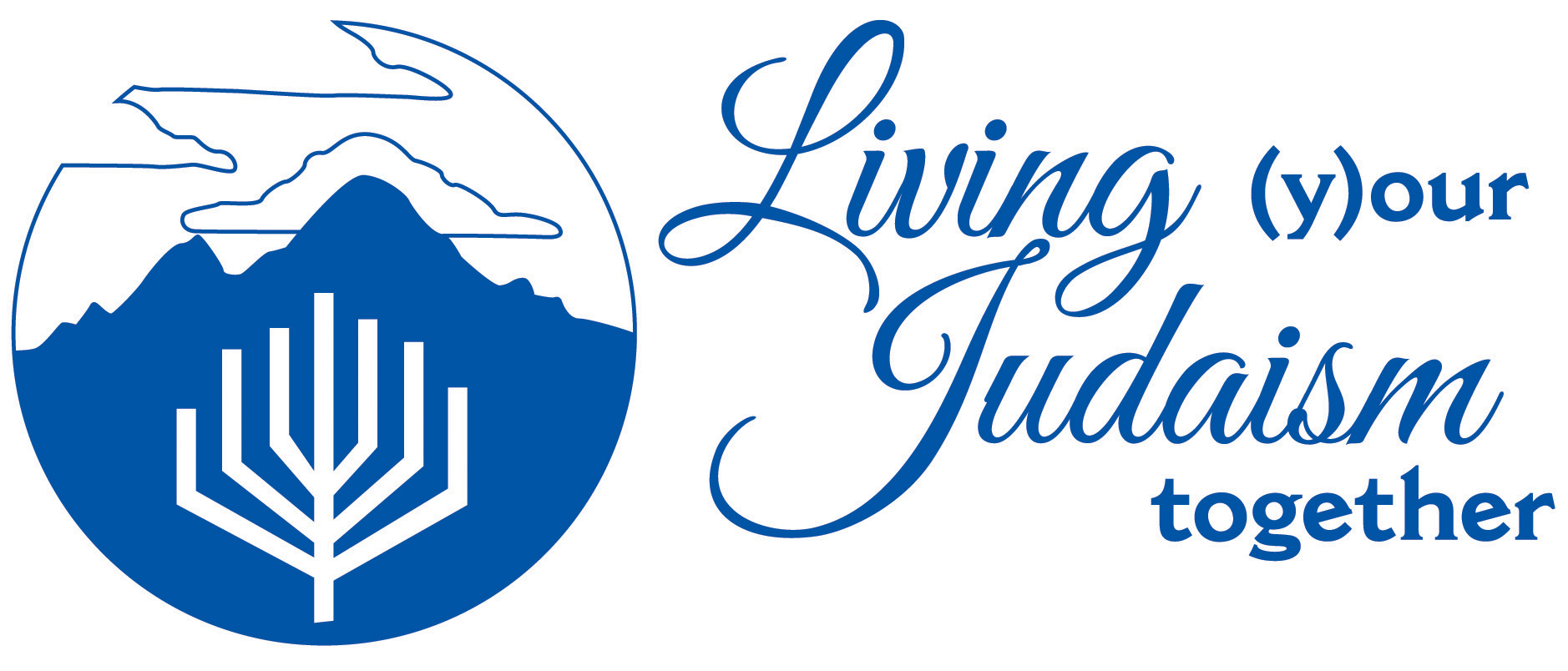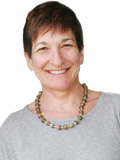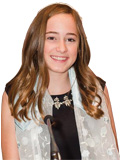Living (Y)Our Judaism Together: John Kaufman

 I'm John Kaufman, and this is how I live my Judaism…
I'm John Kaufman, and this is how I live my Judaism…
I describe myself as a refugee from the ’60s. I’ve been a member of Anshei Israel literally since the day I was born. At this stage in my life, Anshei Israel is a place for me to publicly be thankful for what’s been put on my table. I don’t consider myself a very religious person, but I do consider myself very spiritual. I have a relationship with G-d.
My parents fled Germany in 1938 and ended up here in Tucson in 1945. There was a pretty decent Jewish community at that time. They quickly became friends with Rabbi Marcus Breger and the Blitzers. I’m not sure when they actually joined Anshei Israel, but they were members of the synagogue by the time I was born in 1951. Cantor Falkow was my mohel.
I grew up in the old building at 6th and Martin. That’s where I went to Hebrew school and became a Bar Mitzvah, with Reverend Appel as my Bar Mitzvah teacher. My parents were very close with the Bregers. We even used to celebrate the second night of Passover at their home. These teachers and leaders were influential people throughout my life. They were a moral compass, a kind of a foundation upon which, hopefully, my character was built. They formed my community and I’m still friendly with the families that embraced our family in the ’40s and ’50s. Many of the kids from my class are still involved with the synagogue. You build relationships with their parents, and then, later, with their children. There’s a continuity there.
When my mother died in 1965, I was just a 14-year-old kid. While saying Yahrtzeit for her, I learned to appreciate Anshei Israel’s daily minyan. You go in unhappy and upset and after 11 months you try to move on. It helped.
I went off to undergraduate school in Los Angeles and returned to the University of Arizona for law school. When Rabbi Breger retired, my parents helped with the transition from the old to the new and welcomed Rabbi Arthur and Betejoy Oleisky.
In my early 30s, I started joining my father and my stepmother on Saturdays at shul. When my kids were born, my father won a synagogue membership for me in an auction. That got me started and then I started paying my own way.
My kids really brought me back to shul. I wasn’t going to just drop them off and tell them that I’d pick them up a couple hours later. That sends the wrong message to your kids. I wanted them to be raised Jewish; it’s what’s important to me. Because my parents were refugees from Germany, I think World War II, the Holocaust, was the major event that formed my life. I wasn’t born until six years after the war, but my attitude towards Judaism and wanting to be involved and keep the faith going from generation to generation, that was important to me. Anshei Israel was like a second home to my kids. They felt very comfortable there.
After my father died in 1998, I became involved in the daily minyan again, became a ‘regular’ and learned to lead the service. I’m grateful for how easy my life has been and I’m happy to give back and support the minyan.
This is how I’m living my Judaism with Congregation Anshei Israel, my lifelong community for more than 66 years.
What’s your story?
|
If you would like to speak with Rabbi Metz about Judaism, the synagogue or you have other questions, e-mail her at RabbiMetz@caiaz.org. |




